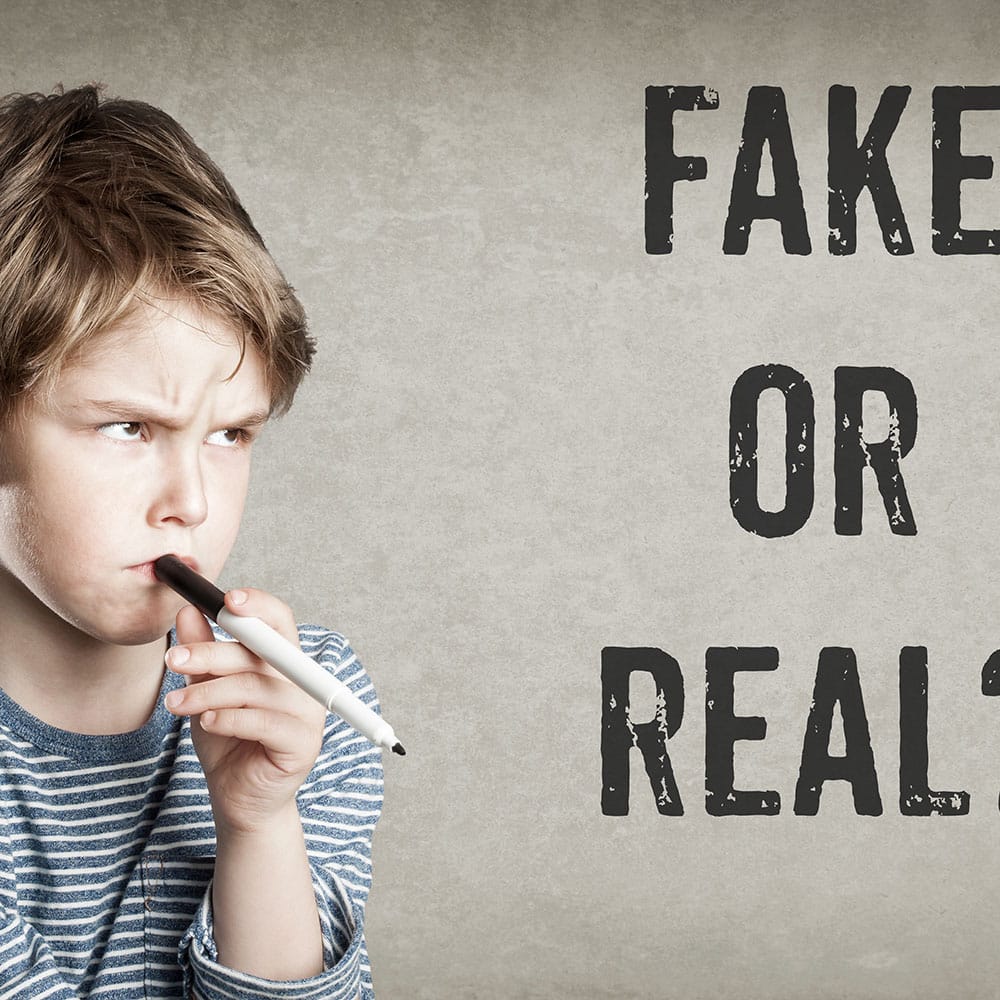“‘Trust but question” has been my motto for many years. The gut is can be right, but emotions cloud judgment. Love, hate, prejudice, all influence our gut feelings. Take the time to explore research, and learn before jumping. The fake news in this world currently [plays on our gut feelings and prejudice. We need to go back to the future and make sure that the news and information is true and right, even if it hurts. We wonder what ever happen to: “Liar, Liar, pants on fire?” As children, prior generations were always told “to tell the truth” and that no harm would come to truth tellers. We fear newer generations will see that as false … then where will we be?” Asks, Dr. Ronald Klatz, DO, MD President of the A4M September 28, 2017
(HealthDay News) — Folks who rely on their “gut feelings” to form opinions are more likely to believe fake news than others, researchers report.
“People sometimes say that it’s too hard to know what’s true anymore. That’s just not true,” said lead author Kelly Garrett.
The results of this new study “suggest that if you pay attention to evidence you’re less likely to hold beliefs that aren’t correct,” added Garrett, a professor of communication at Ohio State University.
Garrett’s team analyzed data from three U.S. surveys that included between 500 to nearly 1,000 people.
Twelve questions looked at how people evaluated information, including “I trust my gut to tell me what’s true and what’s not,” “Evidence is more important than whether something feels true” and “Facts are dictated by those in power.”
The researchers compared answers to those questions with people’s beliefs about hotly debated topics, such as the debunked link between vaccines and autism and the connection between human activity and climate change.
They found that those who trusted their intuition or believed that facts put before them were politically biased were more likely to accept fake news.
People who used firm evidence to form their opinions were less likely to believe fake news, according to the study.
“Scientific and political misperceptions are dangerously common in the U.S. today,” Garrett said in a university news release.
Garrett noted that many Americans embrace conspiracy theories, claiming, for example, that the U.S. government was behind Martin Luther King’s death or that Lee Harvey Oswald didn’t really kill President John Kennedy. Such falsehoods “poses a threat to society’s ability to make well-informed decisions about pressing matters,” Garrett added.
“A lot of attention is paid to our political motivations, and while political bias is a reality, we shouldn’t lose track of the fact that people have other kinds of biases, too,” Garrett said.
Co-author Brian Weeks, an Ohio State graduate student at the time of the study, added this point: “While trusting your gut may be beneficial in some situations, it turns out that putting faith in intuition over evidence leaves us susceptible to misinformation.”




